Farmers embrace new potato farming technology
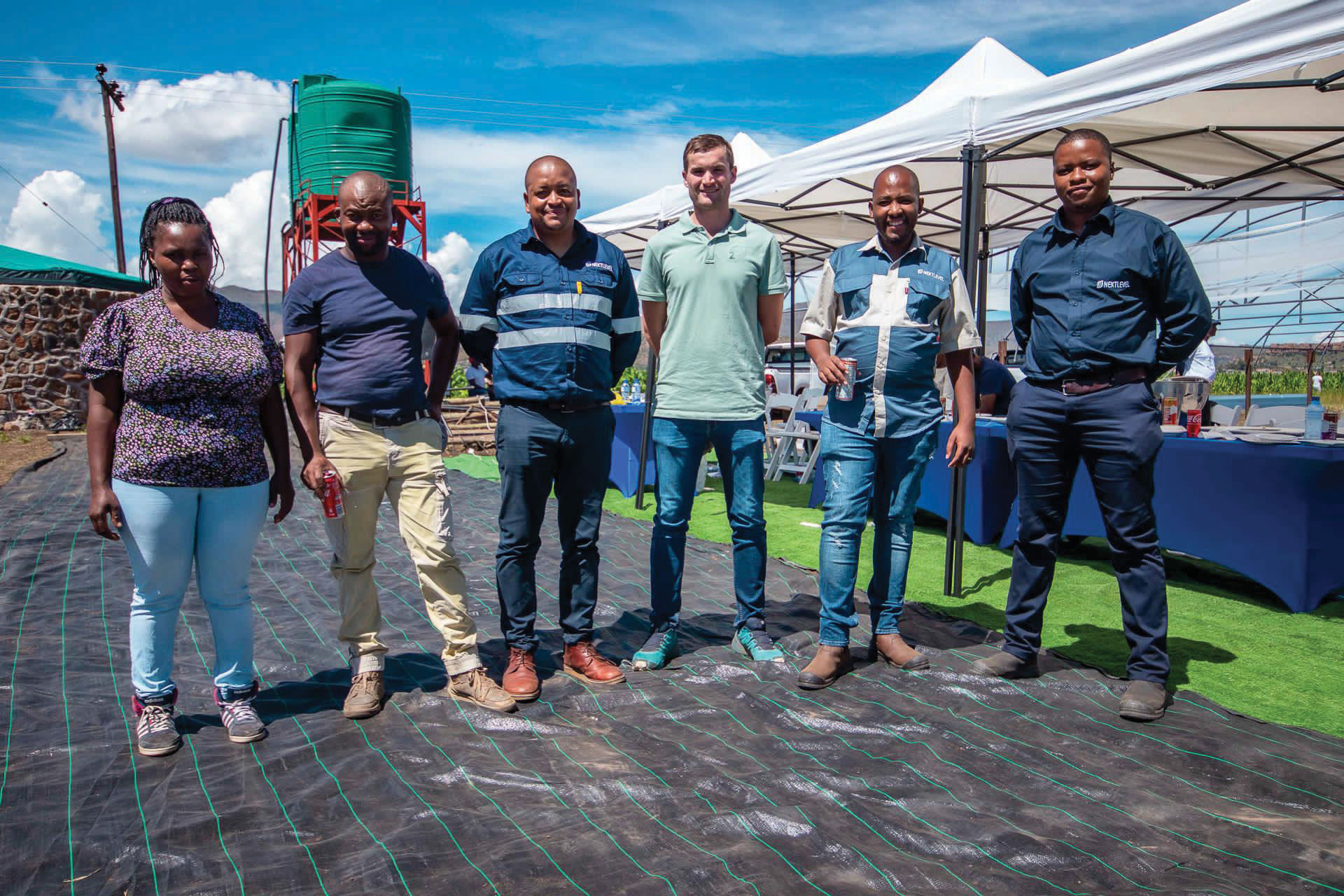
SHARE THIS PAGE!
Two companies have joined forces to introduce a high-yield potato variety, a development poised to enhance food security in Lesotho.
Nextlevel Ventures, a provider of innovative solutions across mining, logistics, engineering, and agricultural technology, has partnered with Solynta to introduce Hybrid True Potato Seeds (TPS). This revolutionary technology is set to transform potato farming by addressing challenges such as low yields, disease susceptibility, and climate resilience.
Solynta, a Netherlands-based global leader in potato breeding innovation, has spent over 14 years developing its non-GMO hybrid TPS technology.
Unlike traditional seed tubers, these lightweight, disease-free seeds require only 25 grams to replace 2,500 kilograms of tubers, significantly reducing transportation and storage costs.
Trials in Kenya have shown that these hybrids can double yields under no-spray conditions, showcasing their potential to enhance agricultural productivity.
This initiative aligns with the United Nations Sustainable Development Goals (SDGs), particularly Zero Hunger (SDG 2) by doubling yields with fewer inputs. The disease-free nature of TPS contributes to Good Health and Well-being (SDG 3) by reducing the need for chemical treatments.
Additionally, its lightweight properties support Responsible Consumption and Production (SDG 12) by minimising waste and improving resource efficiency. The seeds’ resistance to late blight and adaptability to various climates also support Climate Action (SDG 13), while the collaboration between stakeholders fosters Partnerships for the Goals (SDG 17).
Speaking at the launch in Mohale’s Hoek on Monday, Solynta’s South Africa representative, Alex Platt, emphasised the company’s commitment to empowering smallholder farmers with disease-free potato production.
“This technology does not necessarily replace traditional tubers but complements them to produce higher yields,” Platt explained.
Lesole Sefuma, an official from the Department of Agricultural Research, highlighted the government’s dedication to finding innovative solutions to the country’s potato seed shortage.
“This partnership will enable farmers to produce their own seeds, reducing reliance on imports from neighbouring South Africa,” he noted.
Joele Sekila Molapo, a member of the Lesotho Potato Association, welcomed the initiative, citing the challenges farmers face, particularly the shortage of seeds and inadequate storage facilities.
“We hope this technology will be widely adopted across the country,” he said.
Nextlevel’s Sekhoane Mokemane underscored the project’s transformative potential for agriculture in Lesotho.
“This revolutionary technology will boost profitability for farmers, enhance food security, and improve access to local markets,” he said.
Farmers from Qalakheng, who collaborated with Nextlevel and Solynta to test the seeds, shared their experiences. One of them, ‘Makarabo Mpukathi, explained that the seeds are available in two varieties: Sohly 12, a larger potato, and Sohly 17, a baby potato. Both are classified as Generation Zero, meaning they are mini tubers and tissue cultures produced in a soil-less medium under a nationally certified seed scheme, ensuring their purity and potency.
With this technology, Lesotho’s farmers are set to benefit from increased yields, reduced production costs, and a more sustainable approach to potato farming.
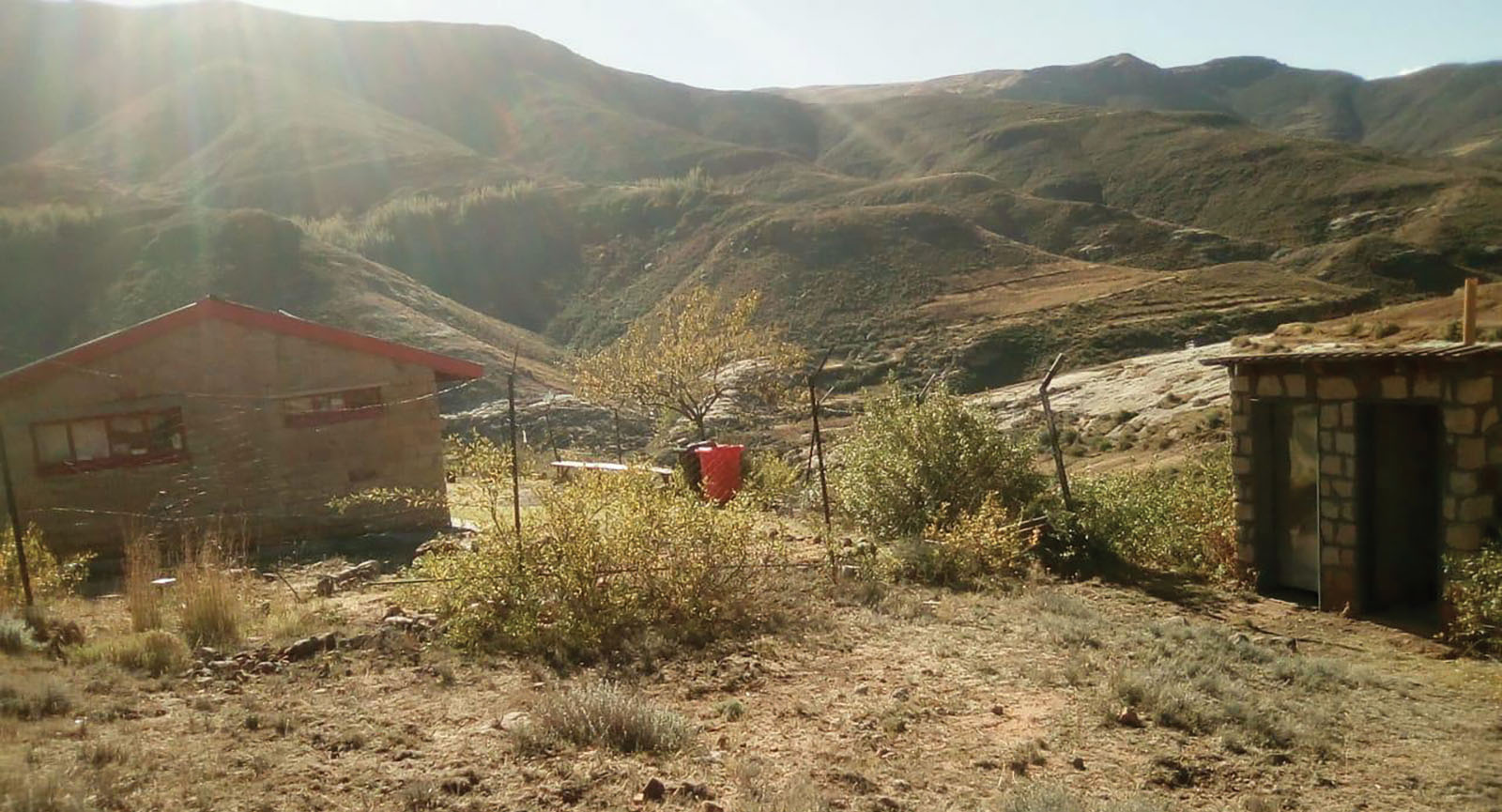
Hloahloeng healthcare system in crisis
6 hours ago
Law Society defends current crop of lawyers
8 hours ago

Mohale Dam case: cop testifies
a day ago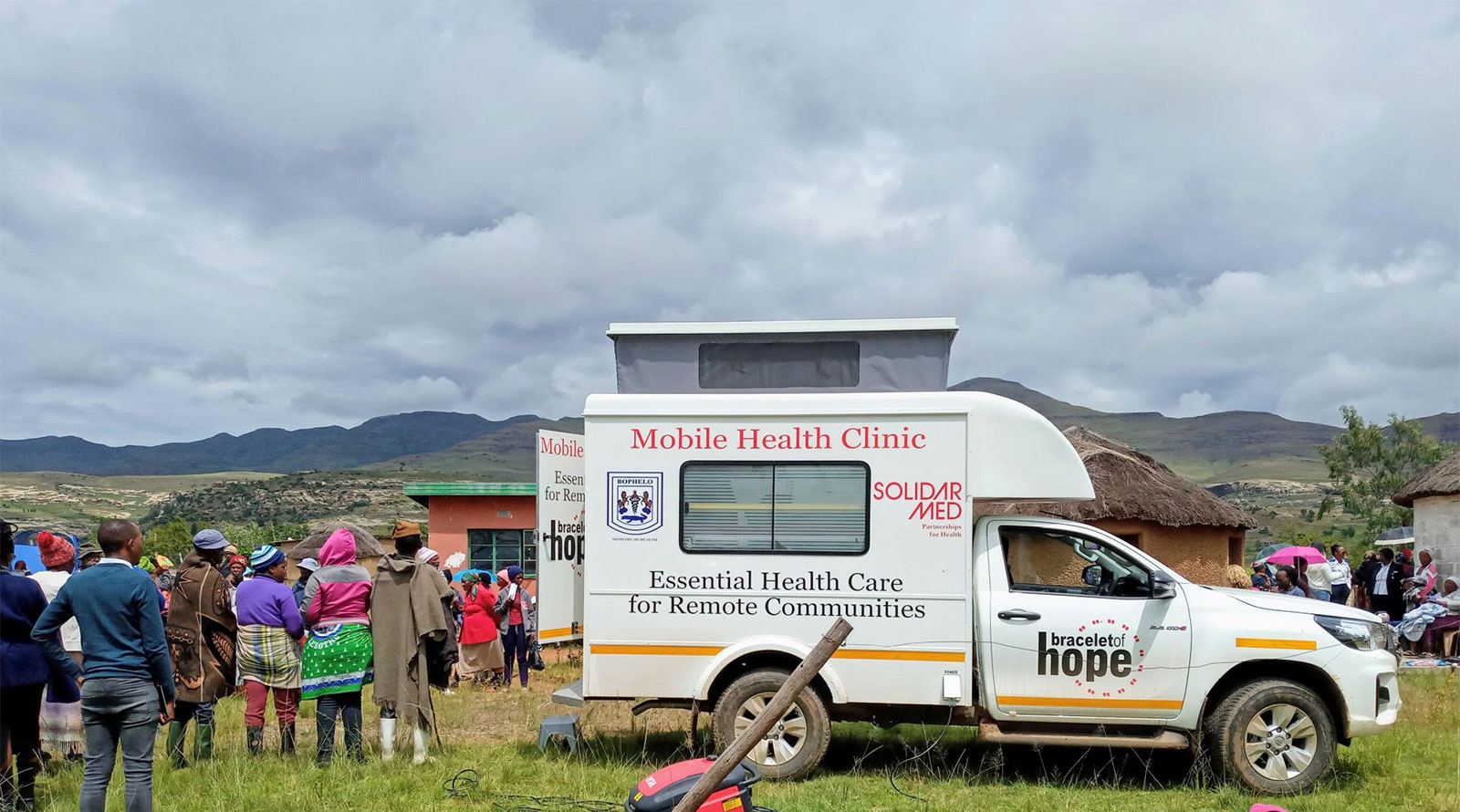


Nthabiseng Makebe inspires change
a day ago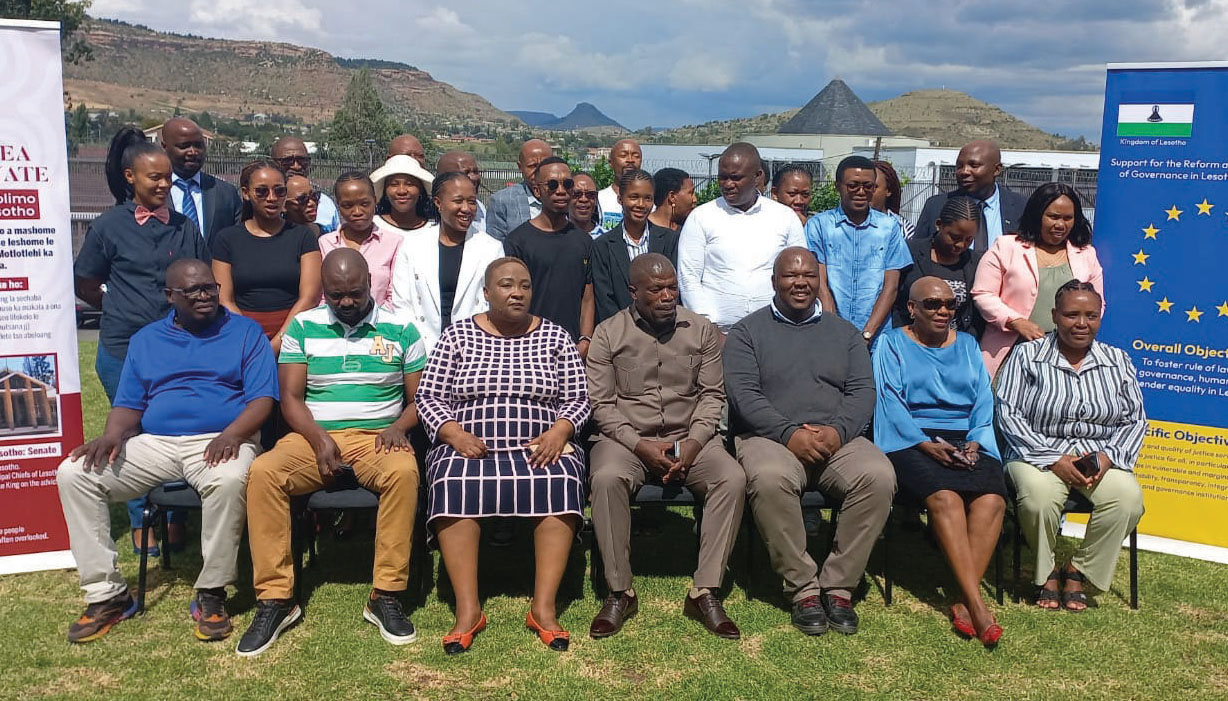
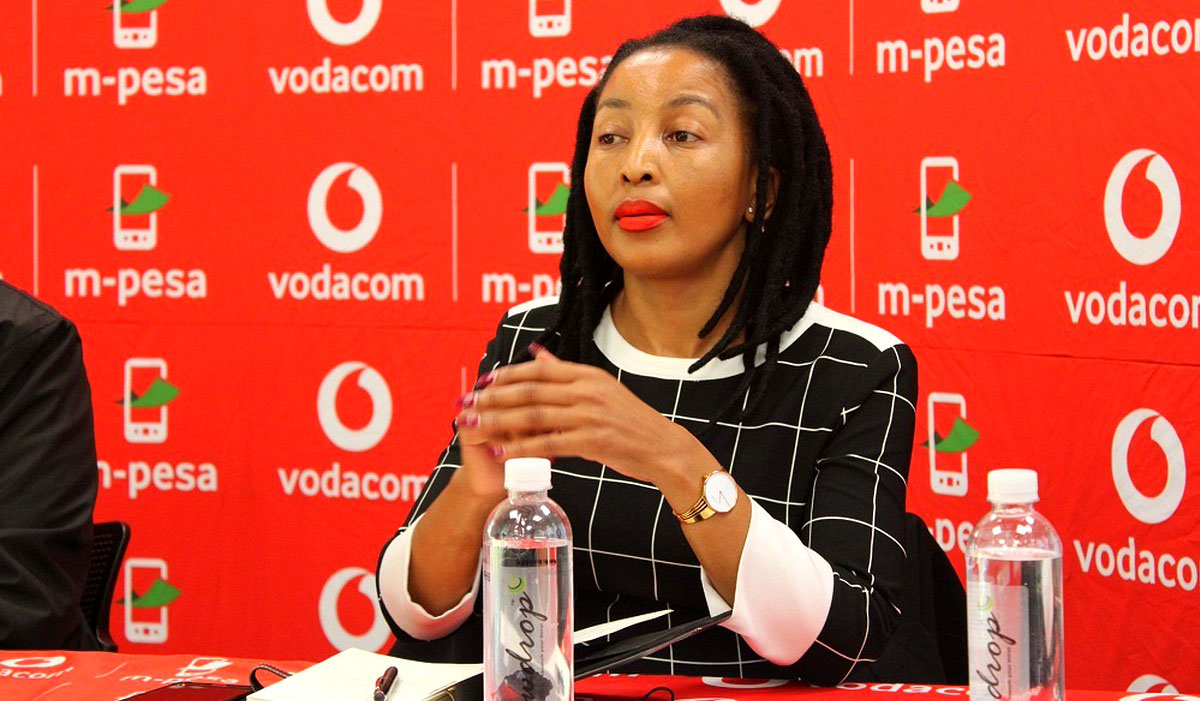
Vodacom’s M-Pesa breaks network barriers
a day ago
Modest growth anticipated – CBL
a day ago